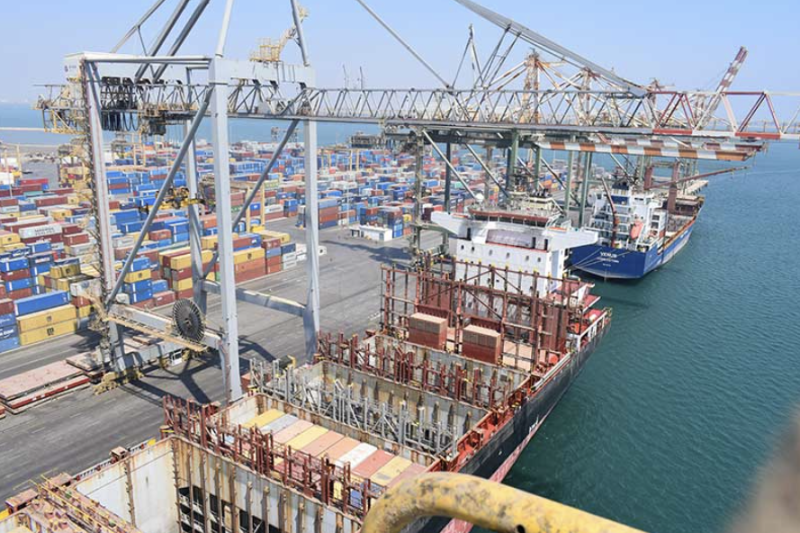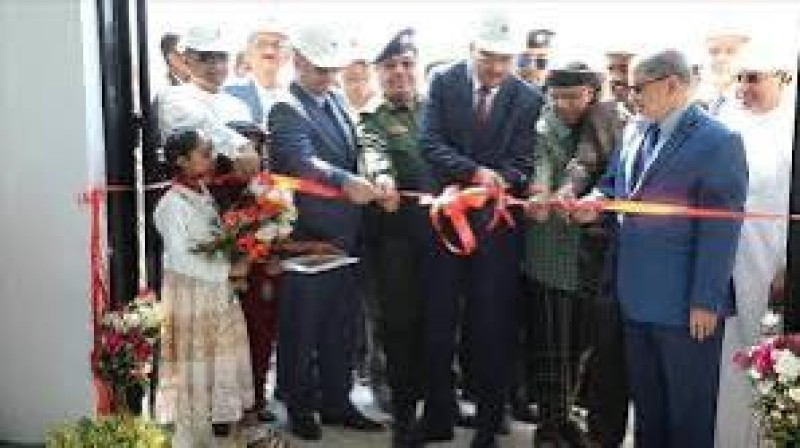Summary of Multi-Sector Study for IDPs in Yemen "Baseline Study"


The crisis of IDPs in Yemen was not the result of today's events, but rather the result of the armed Houthi group’s invasion of the capital, Sana’a, on September 2014 ,21, although this date is considered a decisive point in the displacement crisis in Yemen.
The displacement in Yemen started i n 2004 when many people from the districts of Haidan and Saqain in Sa'ada were displaced due to the armed rebellion carried out by the Houthi group. These confrontations led many civilians to flee their original residences for fear of reprisals by Houthi group.
The displacement was associated to Houthi control over the areas in Saada, Hajjah Amran, Sanaa and reaching to Aden in March 2015. This displacement is considered the largest humanitarian crisis that Yemen and the region has experienced where approximately ٤ million and 100 thousand citizens were displaced in the whole country. Out of this number, two million and 800 thousand IDPs are in the areas controlled by (internationally recognized government) IRG.
The waves of displacement have constituted a compound crisis for the Yemeni citizen, as IDPs including women and children that have been affected as well as the host community.
Additionally, the wave of displacement led to the loss of individual and governmental income resources which was reflected in the low capacity of the local authorities to provide public services, as well as the destruction and loss of government services in the areas that witnessed armed attacks by Houthi group.
We are in line with the directions of IRG led by His Excellency, the President Abdo Rabbo Mansour Hadi and under the generous patronage of the Prime Minister Dr. Mueen Abdul Malik and based on the role and tasks of Executive Unit as an authority responsible for IDPs and those affected by displacement. Through this study, which is the result of a field survey carried out by Executive Unit field teams in all governorates of displacement, we put everyone in a clear picture of the situation of IDPs in the camps, houses and what their needs are with full transparency and impartiality, bearing in mind the interest and rights of IDPs and humanitarian work standards.
The need to restore public services is a priority for IRG and has called on all stakeholders and the humanitarian partners in Yemen to work jointly to restore and expand public services in the areas hosting displacement (IDPs).
Executive Unit as responsible for the displacement file from the governmental side has required and continues to demand the necessity of joint work with the humanitarian partners and the necessity of involving IDPs in drawing up the annual humanitarian response plan according to priority of need in a manner that respects local custom, dignity and family unity in addition to community peace.
We also demand and stress the joint humanitarian work with the humanitarian partners, and we see that this is the only solution that will make the humanitarian response effective, tangible and positive.
The length of the displacement period makes it imperative for us as a governmental side and a humanitarian partner to work together on durable solutions and integrate emergency humanitarian response with development in areas hosting displacement as a priority and a general humanitarian policy for 2022 Dealing with the file of IDPs in a way that cannot be separated from the file of illegal immigration and the file of refugees in the Republic as the file of immigrants adds a great burden and leads to the complication and deterioration of the already deteriorating humanitarian situation.
All this requires us to respond in a coordinated manner with the displacement file and in an integrated manner with the government’s orientation in these files that makes the government working on durable solutions is the pillar of the humanitarian response in the Republic of Yemen.
The waste of resources, capabilities will continue unless the governmental side and the humanitarian partners agree to take the decision in a joint way without unilateralism from either side. Also, joint planning and working as a team is the only guarantee for the effective use of resources and capabilities to reach an effective and tangible humanitarian response. This requires will and courage on the part of the humanitarian partners and building the capacities of the governmental side.
The previous period has proven that the unilateral work of the humanitarian partners working in Yemen without involving the governmental side will not lead to the right and tangible response to the humanitarian crisis in Yemen, but rather it will lead to prolonging the displacement crisis and wasting humanitarian budgets unless it works with the governmental side as one team and a major partner in humanitarian planning identifying needs and evaluating interventions.
Executive Unit team has made a great effort and a huge budget in mobilizing the capabilities to bring this study into existence as a basis for humanitarian planning for the year 2022. We are ready to discuss this study and respond to any comments or inquiries that may be requested from humanitarian partners or stakeholders.
Finally, we highly appreciate the efforts of the humanitarian partners for their efforts during the previous period and we look forward to working together during the coming period to make the humanitarian response effective, more feasible and with a measurable tangible impact on improving the lives of IDPs and local communities

Aden — Ports under the authority of Yemen’s internationally recognized government have received more than two million metric tons of fu…

Mukalla — Local authorities in Hadramout have announced the inauguration of Yemen’s first solar-powered cement station, a landmark proj…

AbuDhabi -- The United Arab Emirates has pledged $1 billion to bolster Yemen’s electricity sector, marking one of the largest development com…